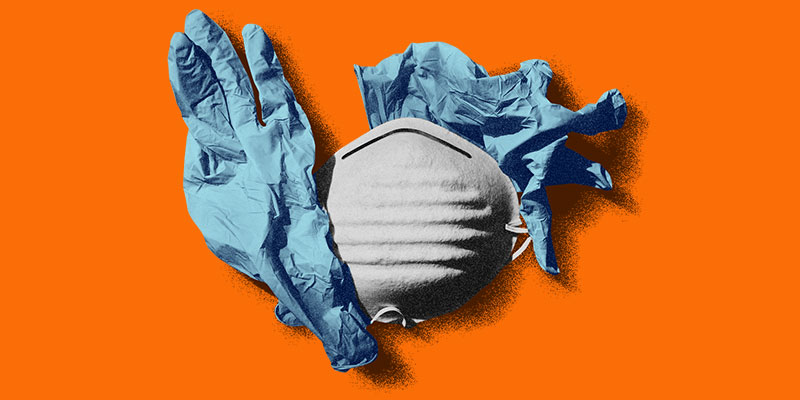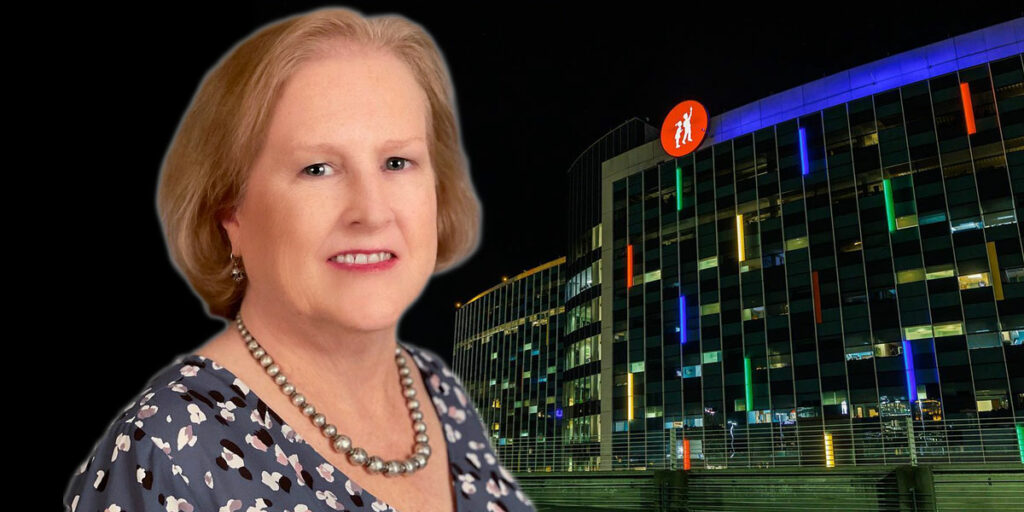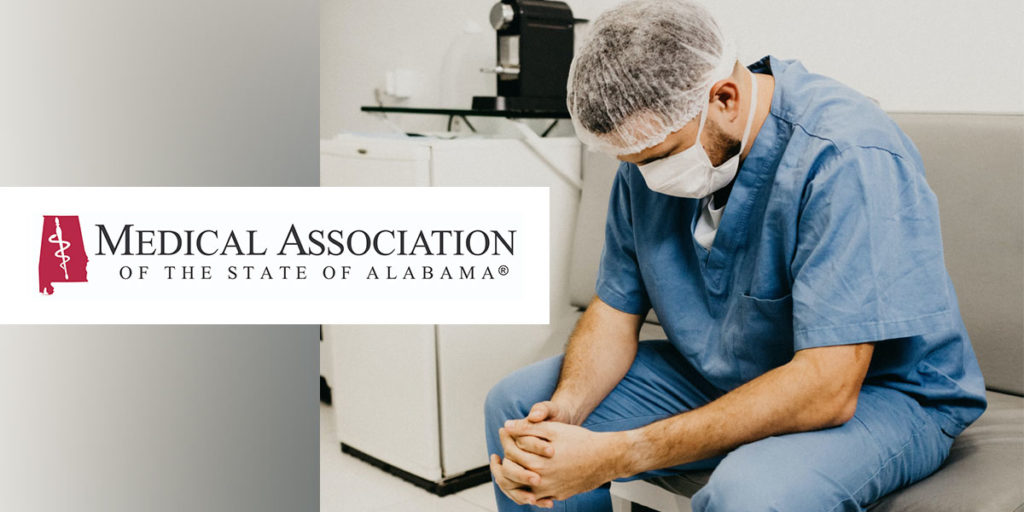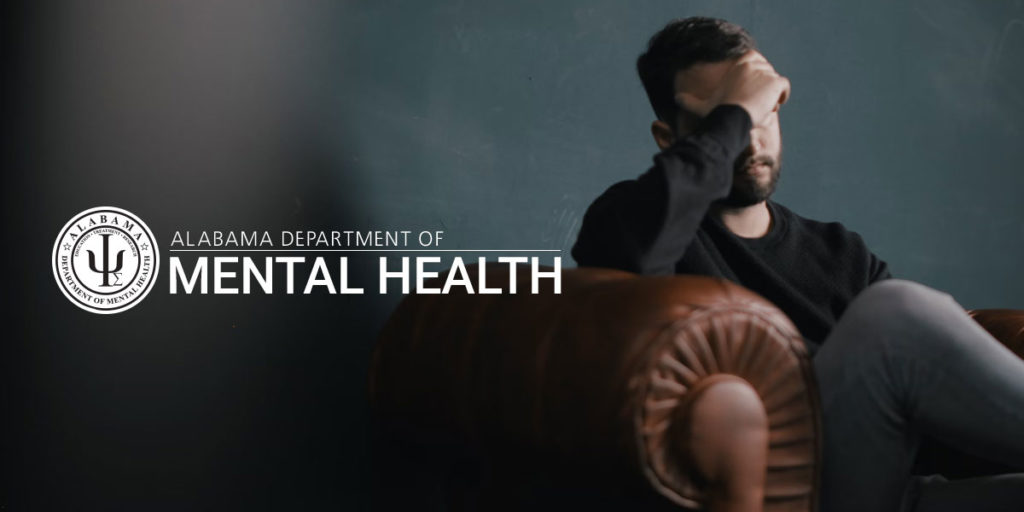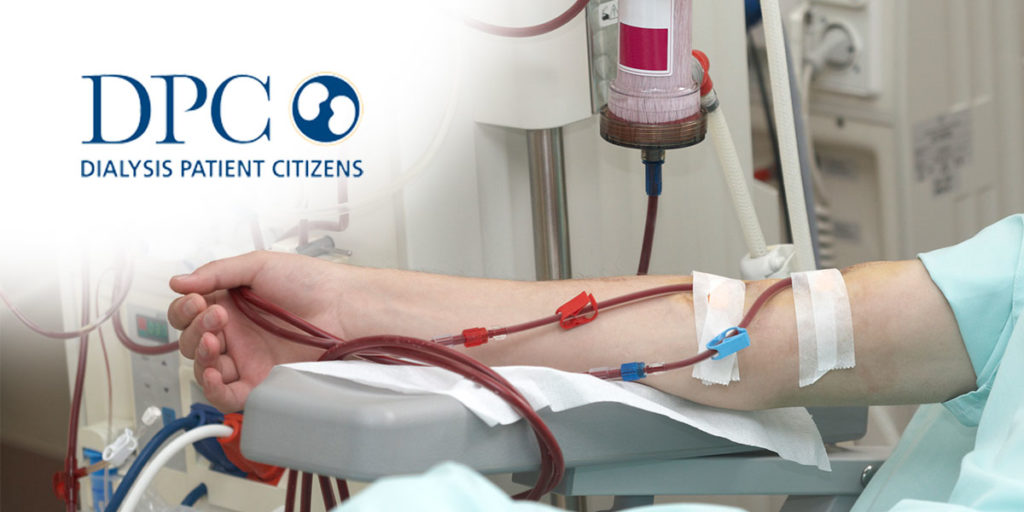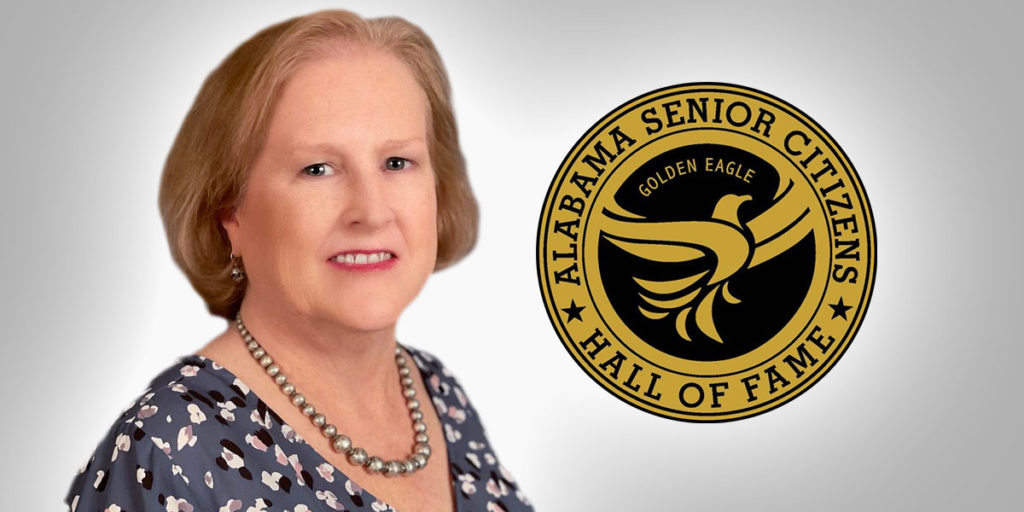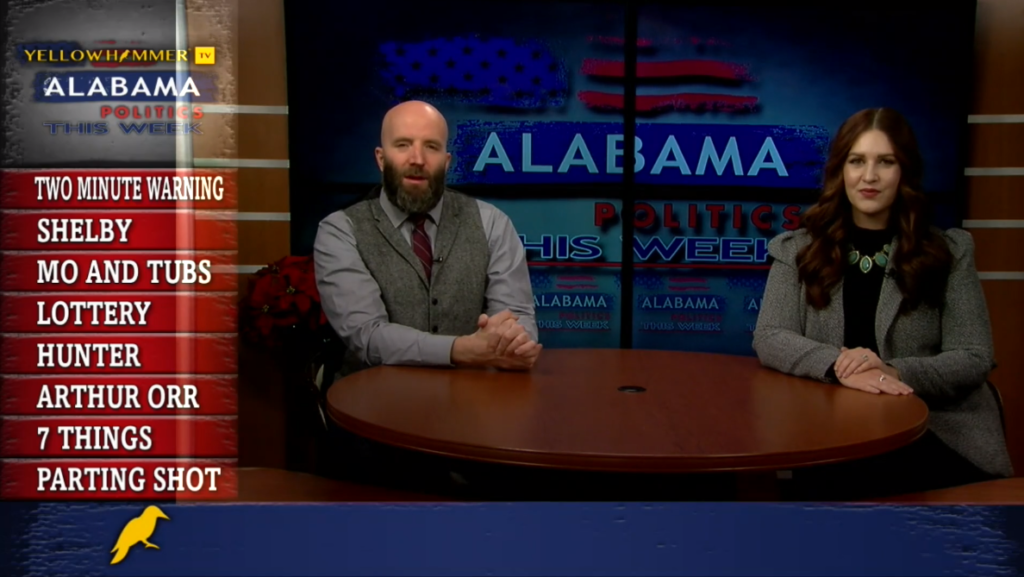Governments across the country have imposed numerous public health policies to control COVID-19. A prominent one has been requiring the wearing of masks in public; Alabama has been under a mask order since July. Americans have largely embraced masks. A recent Harris poll found that 93% of respondents at least sometimes (always) wore masks.
Nonetheless, Dr. Don Williamson of the Alabama Hospital Association recently expressed frustration over some Alabamians’ unwillingness to wear masks. He observed, “The election’s over. It should no longer be political.” Mask mandates apply the coercive power of government and politics consists of peoples’ actions to control government. Consequently, public health mandates are political.
The pandemic could have been addressed non-politically through voluntary responses. Consideration of this alternative highlights some effects of government mandates.
Social interactions outside the spheres of politics and crime involve voluntary participation. Everyone who works or dines at a restaurant chooses to do so. Families choose to gather for the holidays. (The pressure we might feel to attend is not truly coercive, appearances notwithstanding.)
Gatherings for commerce or entertainment must happen somewhere. Property rights provide the source of voluntary response to a communicable illness. Property owners get to make decisions about its use.
Owners of the gathering spaces can and will put conditions on entry. Sports fans can be expelled from an arena for intoxication, throwing debris, or verbally abusing players or officials. The arena owners can also require mask-wearing.
Business owners want customers to continue patronizing their establishments and employees to continue working. Customers who do not feel safe will stay away. Fewer customers mean less revenue and ultimately less profit or rent for the owners.
When allowed to stay open by politicians, businesses have worked to protect their customers. Retailers reduced hours of operation to allow for extensive cleaning. Grocery stores disinfected shopping carts. Restaurants offered outdoor dining, takeout, and delivery. Some businesses tested their employees and required temperature checks and masks for customers.
Ticketmaster recently unveiled plans for concerts in the COVID-19 world. Fans will need either a vaccination or a negative test 24 to 72 hours prior to the event. Fans will have vaccination or test result forwarded to a third-party medical information provider. This third-party will verify a fan’s health eligibility to Ticketmaster, activating a digital ticket.
Not all businesses’ plans will work effectively, but each has an incentive to continually evaluate each element of their plan. Overall, we can be confident that businesses will choose wisely, as Forbes columnist John Tamny has emphasized repeatedly: “In a free society, there’s no such thing as a ‘do nothing’ response to anything that has the potential to kill.”
Some commentators fear that without a government plan we will have chaos in the market. Yet as economist Ludwig von Mises noted, markets offer a multitude of plans. Business owners will tailor their plan to their unique circumstances.
Each protection measure is costly, like turning away potential customers to keep an empty table between tables of diners. And customers might regard some protection measures as overly burdensome. Businesses have the incentive to protect and assure customers in the least costly way possible.
This process is not political because no one can coerce others for not complying with their requests. Businesses are free to adopt any protective measures they want. When one business discovers a way to protect customers and employees more effectively or at a lower cost, others can emulate this.
We would likely see a wide range of voluntary responses. Given the enormous difference in risk posed by COVID-19 across individuals – fatality risk differs by a factor of one thousand – some businesses and their customers will likely accept a high risk of exposure. Those most fearful would need to take more personal protective action without government coercion.
Wearing a mask to protect from COVID-19 is not political. Requesting guest to wear a mask is not political. But government public health mandates are political, regardless of whether issued by a Democrat or Republican.
Daniel Sutter is the Charles G. Koch Professor of Economics with the Manuel H. Johnson Center for Political Economy at Troy University and host of Econversations on TrojanVision. The opinions expressed in this column are the author’s and do not necessarily reflect the views of Troy University.




